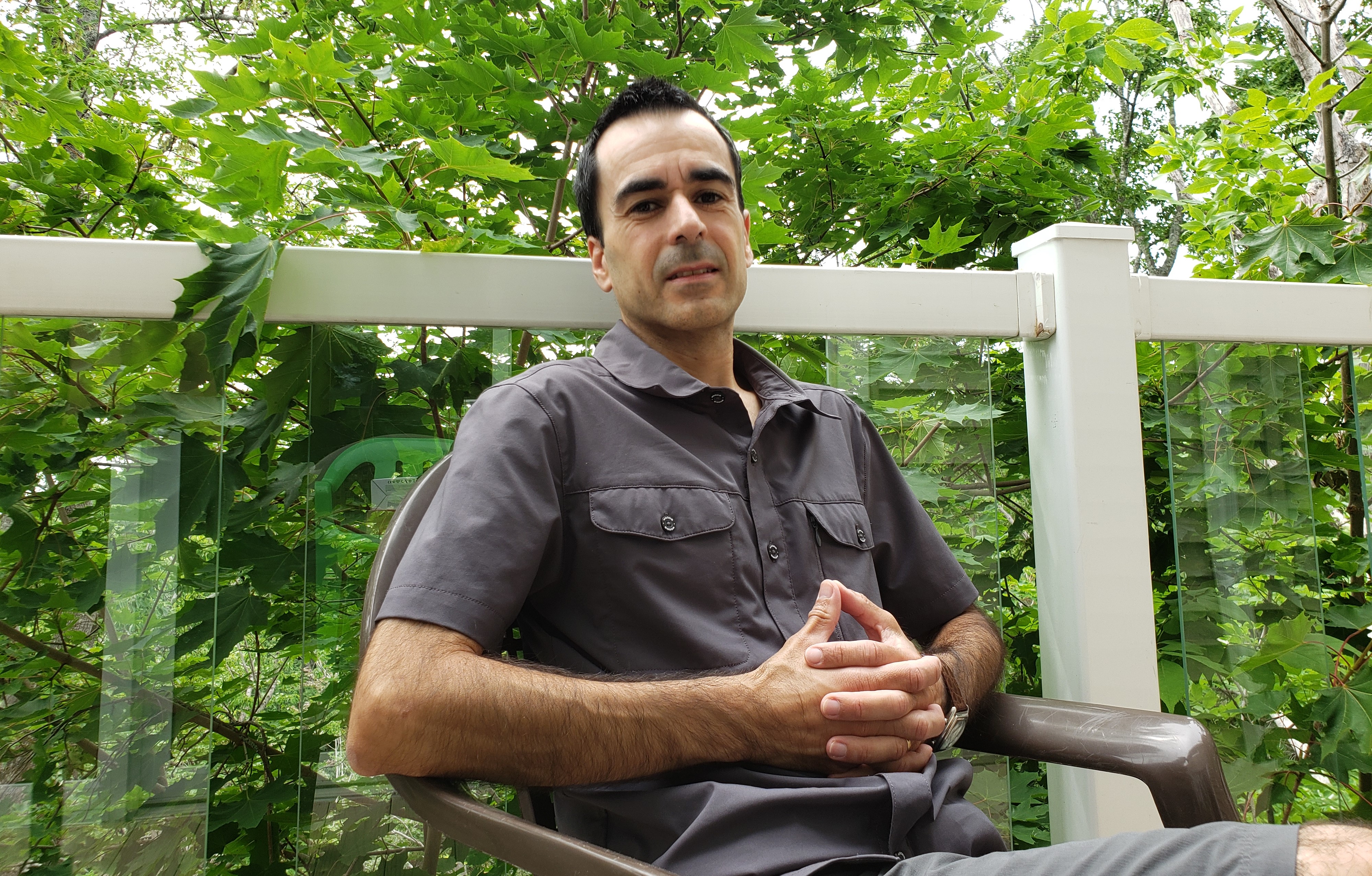Just what is computer networking? It’s the practice of connecting devices to share information. And it’s one of the hottest fields around.
Companies have long relied on computer networking experts to design, build, secure, maintain, and support the digital information systems that link employees and customers. But with the enormous shift to remote and hybrid work, the demand for networking professionals has really taken off.
As in any field, computer networking jobs have various levels. To succeed and move up, you need to demonstrate good problem-solving, communication, prioritizing, and teamwork skills. You also need to keep up with rapidly changing technology, such as advances in cloud computing and artificial intelligence (AI).
So where could you start out as a total beginner, and what opportunities are there to advance your career?
Keep reading to explore seven different computer networking jobs, from entry-level roles to the most senior positions.















